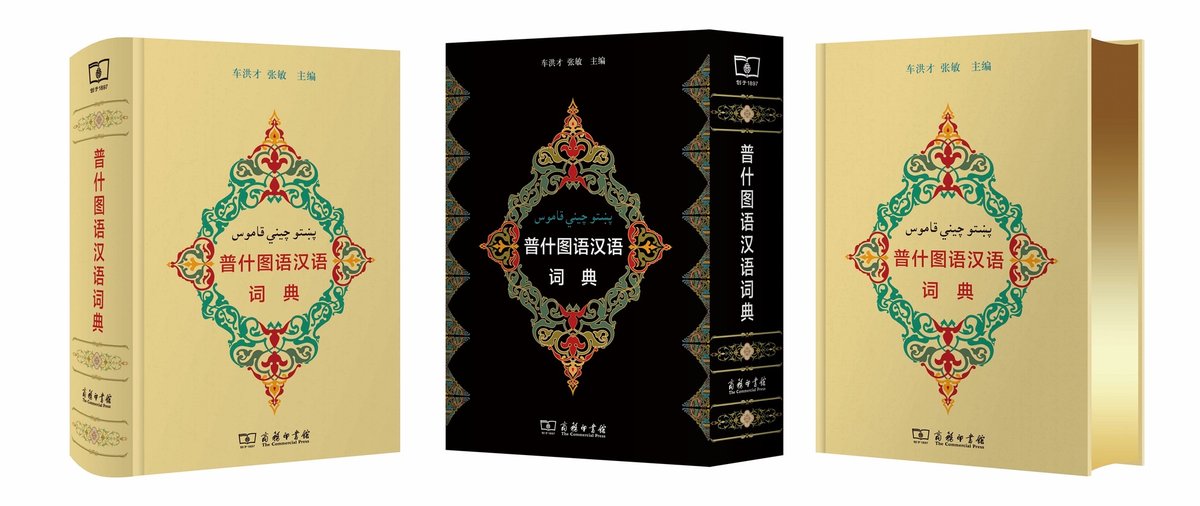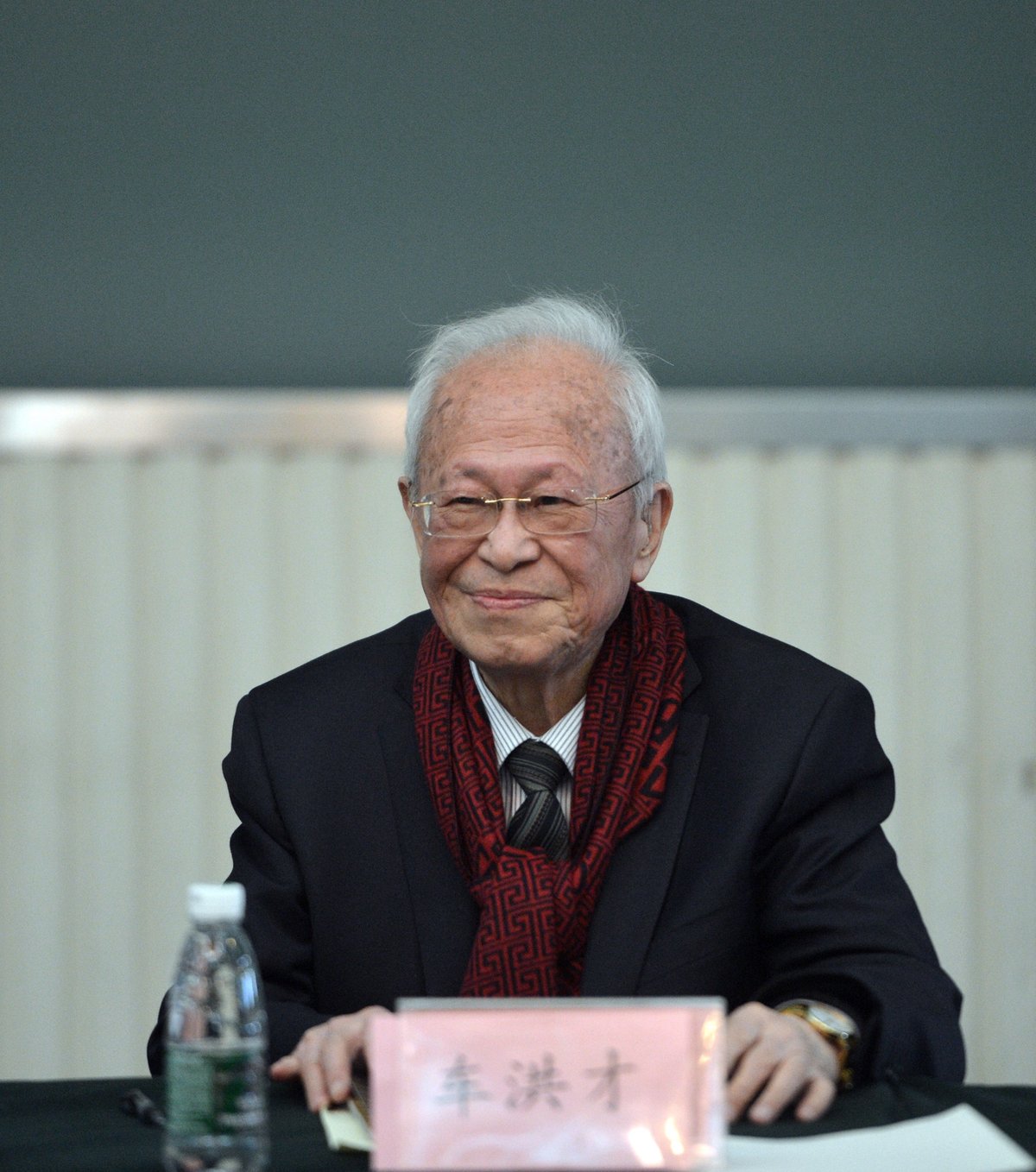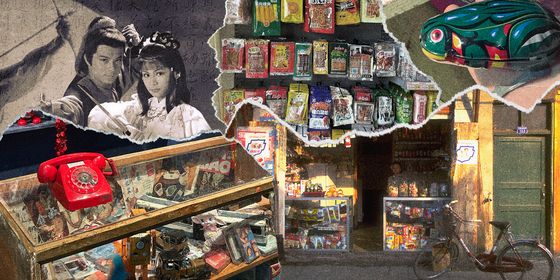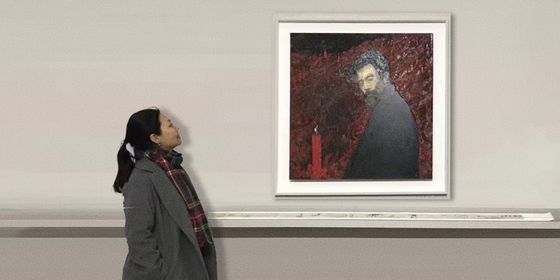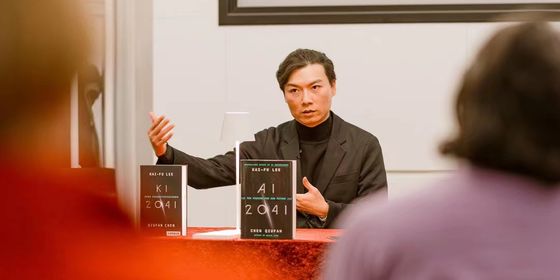Che Hongcai discusses his 36-year mission to complete a “forgotten” dictionary
Initially a student of English at Beijing Foreign Studies University, Che Hongcai was sent by the Chinese Ministry of Foreign Affairs to study Pashto at the University of Kabul in Afghanistan from 1959 to 1963. When the State Council unveiled a national mission to create 160 foreign language dictionaries in Chinese in 1975, Che became the natural choice for making the world’s first Pashto-Chinese dictionary, commissioned by The Commercial Press in 1978.
Che went all-out digesting the historical and religious context for compiling the dictionary, commonly spending the whole morning studying only one word. However, the dictionary ended up 36 years in the making. It was halted in the late 1980s due to Che’s work as an envoy to Afghanistan and Pakistan, and later by Afghanistan’s civil war in the 1990s. With no access to computers, Che made 100,000 note-cards to record the translation of each word —the dictionary ultimately clocked in at 2.5 million words. The Commercial Press later saved the 100, 000 cards as a “witness” to Che's diligence.
Even the publishing company had “forgotten” their commission by the time the 78-year-old Che climbed up the steps of the Commercial Press head offices in Beijing's Wangfujing district in 2014, and asked for directions to the foreign-language dictionary department with a 52,000-entry manuscript under his arm. Che hadn’t forgotten his mission, persisting at it even though he had worked as a farm laborer, university professor, employee of State Administration of Radio Film and TV, and foreign envoy in the meantime, surviving and thriving under every tribulation that comes with such delicate work in a troubled region of the world. After decades of danger and hard work, the Pashto-Chinese Dictionary was finally published in 2014, and Che was honored with the national medal by Afghan president Mohammad Ashraf Ghani the following year, for the unforgotten role the dictionary has played in bridging the two countries.
You enrolled as an English major at Beijing Foreign Studies University in 1957. How did you end up going to Afghanistan to study Pashto?
One day, during my third year of study, the Party branch of the English department informed me they were looking for students to study non-mainstream foreign languages, and I had been selected to study overseas. That was all there was. There was no personal choice; it was settled. For my generation, it was all about accepting arrangements; the state’s order was our personal will. The Ministry of Higher Education held a two-month training session for about 100 students from foreign language departments all over the country who were going to be sent abroad, mainly to other Asian countries. The training was largely “ideological education,” such as the significance of studying non-mainstream languages and diplomatic principles. We had no idea which language we were going to learn; it was only upon registration that the five of us found out we were going to Afghanistan. What language was spoken in Afghanistan? We didn’t know, nor did we know anything else about the country. Before this, almost everyone sent to study abroad went to the Soviet Union. People asked us: “Afghanistan? Which Soviet satellite state is that?”
What was it like to study in Afghanistan in the late 50s and 60s?
We went to university for classes and lived in the Chinese embassy rather than on campus. Afghanistan was still wary of China, a new socialist country, so they were afraid our ideas would influence their students. The embassy also preferred to accommodate us. In the beginning, we didn’t even know the alphabet. No Chinese had ever learned Pashto before, so we learned Pashto in English from a teacher the university hired specially for us. There were only three of us and an older Japanese student in the class. The teacher didn’t know how to teach us at first. He wrote across the blackboard, but none of us could understand. So, we asked whether the language had an alphabet. We guided the teacher in how to teach us based on our previous language learning experiences. After eight months, we could also take some of the regular courses offered by the literary department of Kabul University.
For three years, from the end of 1959 to 1963, we had no summer or winter holidays. We ate and lived in the embassy, and our rules were strict. There were a lot of political education meetings. When we went out, we had to leave in groups of at least two. Afghanistan was under monarchical rule and relatively peaceful at the time. Our lives were peaceful too, centered on studying and traveling between the embassy and university. Sometimes, we invited Afghan students over to play volleyball. Looking back, it was monotonous for a young person. In the embassy, life wasn’t that much different from life in China. Of course, the period coincided with the famine in China and the deterioration of the China-Soviet relationship. We had no knowledge of it, nor did it affect us. It was kept secret from us by the embassy. We even went to visit Soviet students in the Soviet embassy, thinking we were still friendly with their country. Once, they gave each of us a copy of the works of Khrushchev. After we went back, we were criticized: “Why did you accept it?” Well, how were we supposed to know?
What happened after you got back?
When the Cultural Revolution began, all studies were halted. Students were sent to the army in Tangshan to labor, and so was I, in 1968. I did farm work and attended military drills every day. Those were extremely hard times.
How did you start working on the dictionary?
In 1975, the State Council planned to publish 160 dictionaries. The Commercial Press (CP) was commissioned to publish the Pashto-Chinese dictionary. CP turned to China Radio International for help. We desperately needed a dictionary, so we accepted the mission. I went back to the Beijing Broadcasting Institute [now Communication University of China] since it provided the appropriate environment for compiling a dictionary. We worked on it until 1982, when the department asked me to research the possibility of creating an international journalism major. By that time, we had already made 10,000 vocabulary cards that filled over 30 filing cabinets, yet our work had to stop.
What was it like to be an envoy to Pakistan and Afghanistan?
It was intense. My three years there happened to be after the Tian’anmen Square Incident, where a lot of Chinese leaders such as Li Peng, Wan Li, and Song Ping visited Pakistan one after another because Western countries didn’t accept visits. Every time someone came, we had to compile a report with facts, analyses, and proposals for them to discuss with Pakistan’s leaders. Each time, we were locked in a confidential room to work—an anti-bug and anti-photography room. Upon leaving the room, not a word of what went on inside could be spoken. The report was then approved by the ambassador and sent to China via a secret telegram.
Sometimes the ambassador had to stay up with us until 3 in the morning to approve our report. While I was in Afghanistan, the civil war reached its height. The weapons were aimed at the office of the president, but since our embassy was next to it, we were seriously affected. The embassy was hit by 13 mortars and would have been leveled if it weren’t for five tall pine trees that sheltered it. I arrived in 1992, and by the end of 1993, the war was already chaos. The embassy began extracting Chinese nationals. Some of us moved to Pakistan to see what would happen. Then, after the decision for full extraction came, I went back to Afghanistan one last time and left some money with a dependable local Afghan to take care of the embassy.
Did you feel you’d been forgotten?
(Laughs) Yes. It was only after I was interviewed [for the publication of the dictionary] that people remembered me. No one knew of my previous experiences, and no one remembered me. But you can’t really say the country forgot. China has changed so much; even the leadership has changed so many times. Who would remember that a single dictionary was supposed to be published?
Some say the pay of 80 RMB per 1,000 words is too low.
(Laughs) Honestly, I never thought about the pay. We wanted to leave something for future Chinese, a work that can be passed on. If we just did it for the money, we would’ve given up long ago.







